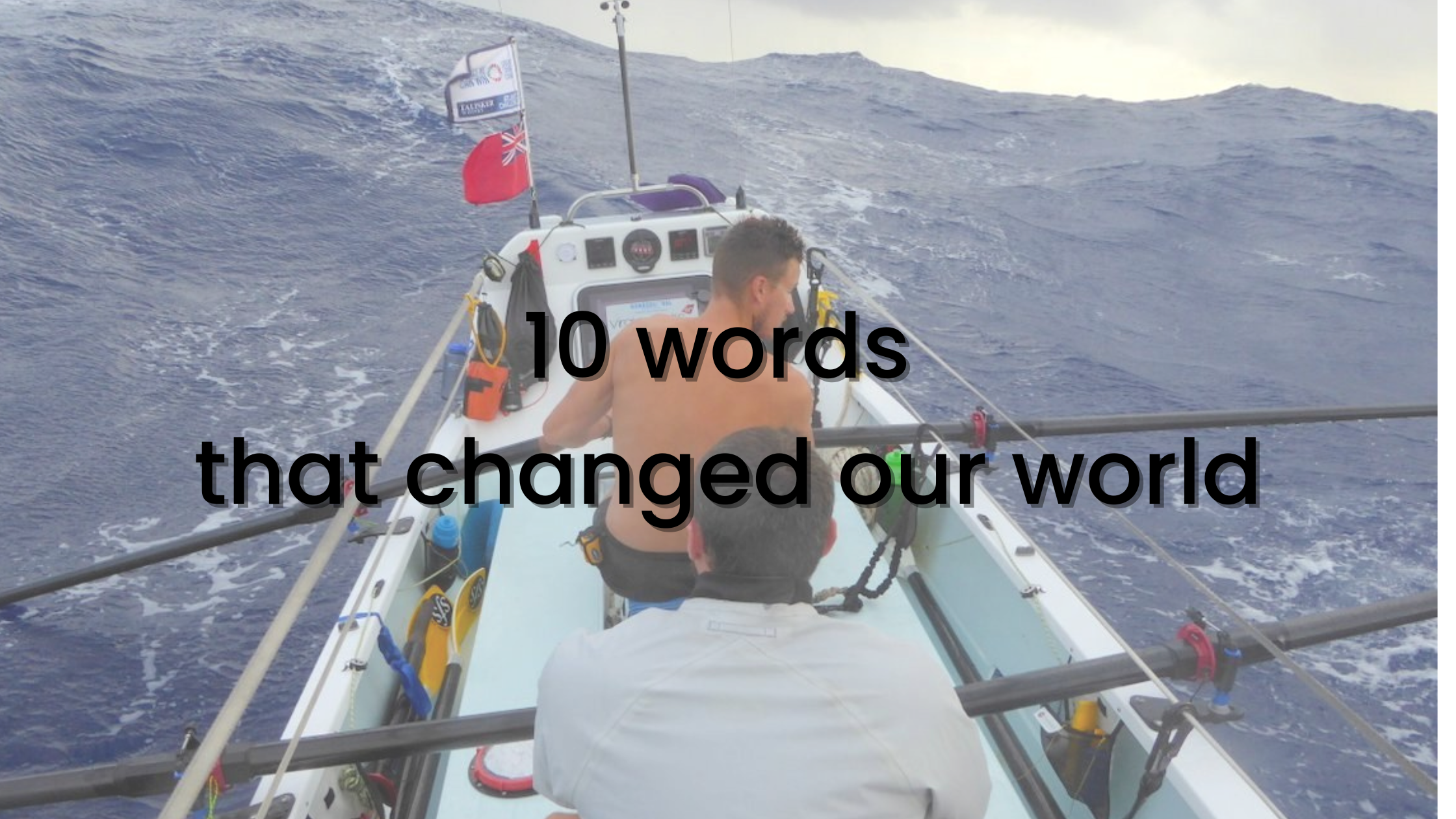If you’ve been following my adventures, you’ll know that back in 2020/21 I was part of a 5-man team of rowers that tackled the daunting task of rowing – unsupported – across the Atlantic.
We spent three years preparing for this adventure, because we knew that, to succeed, we needed to know what we were up against and put every possible strategy in place that would get us across the Atlantic in the fastest possible time. Priority one was arriving with everyone on board and the boat intact, but priority two was to break the world record. This was a ludicrous target but one that we used to focus our training and bind us together as a team.
We were not experienced rowers so we had to use every possible device and strategy we could to improve our performance. Every little detail of the boat and of our preparation was scrutinised and anything that didn’t contribute to a faster journey was ditched.
We had some scary experiences including capsizing our rowing boat 1,500 miles from shore. But we also had some wonderful moments. Mostly we just rowed hard – two hours on, two hours off 24 hours of each and every day. Two-thirds of the way across the Atlantic we were exhausted to the point of hallucinating, but still committed to chasing the record.
We did everything possible to row as quickly as possible – choreographing rowing changeovers to reduce seconds not rowing, fewer snack and drink breaks during rowing, fewer toilet breaks – within reason! We still needed to think bigger.
We had a transponder that tracked our progress and every two or three days we spoke to race officer, Ian Crouch, at race control for our ‘we are still alive’ calls. It was during one of these calls that Ian said those magical 10 words: “You guys are on track for a world-record time.”
In ten seconds and ten words Ian had re-energised us and reset our focus. Suddenly we were less tired!
We had a planning meeting and examined and debated every idea. We planned to manage every aspect of our performance and each team member took responsibility for a specific aspect of the plan. Everything would be monitored and we focused on getting as much raw power through the oars as possible.
Translating this into business
Most people want to be good at what they do. Some people want to be very good. A few people are determined to do whatever it takes to be world class. Becoming world class in business isn’t just about the balance sheet, it’s about providing a complete, positive and memorable experience for the client.
There is no easy solution to building a world-class organisation. You need a clear vision of what success looks like and a plan to follow. But the plan will only get things started, the real solution will emerge as a result of the team’s collective experience of implementation and from the learning acquired from making mistakes.
To really succeed the team must disregard the concept of ‘impossible’. Perhaps taking the old saying to heart:
The impossible we do at once; miracles take a little longer.
This is the mindset needed to achieve a world class organisation.
Using magic words
When everyone is working hard and the goal seems very far away, that’s when magic words are needed.
This is often as simple as the leader recognising people’s effort – and telling them so. Pointing out how well they’re doing and how their efforts are making a difference is often enough to redouble their work rate.
![]()
Those ten words worked for us – we broke the world record!


